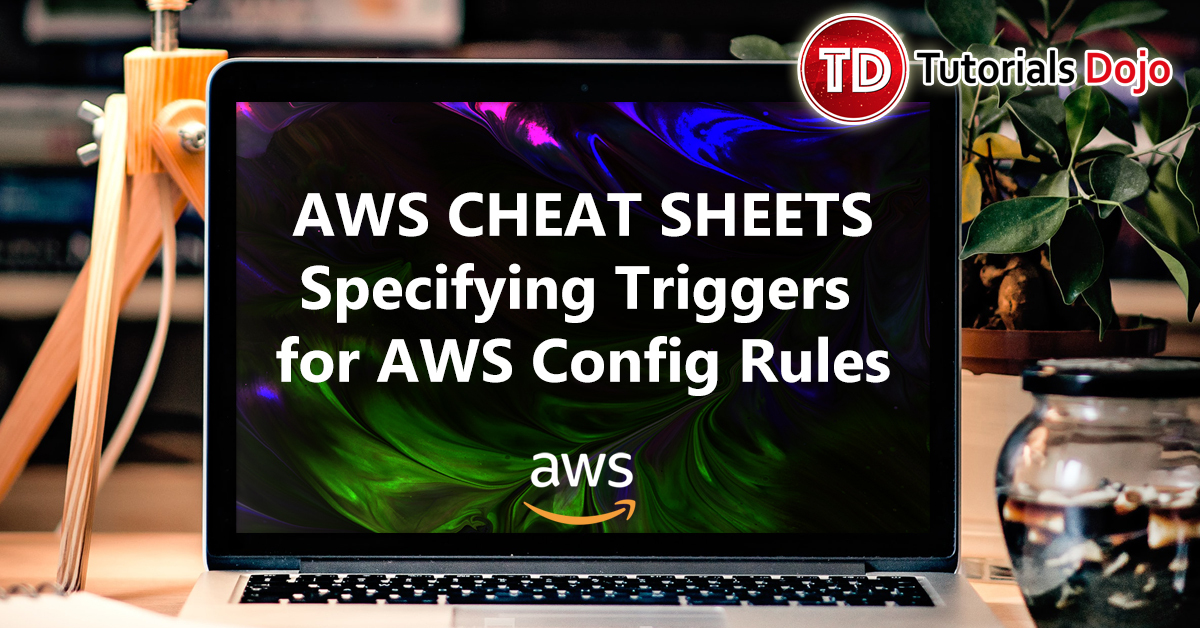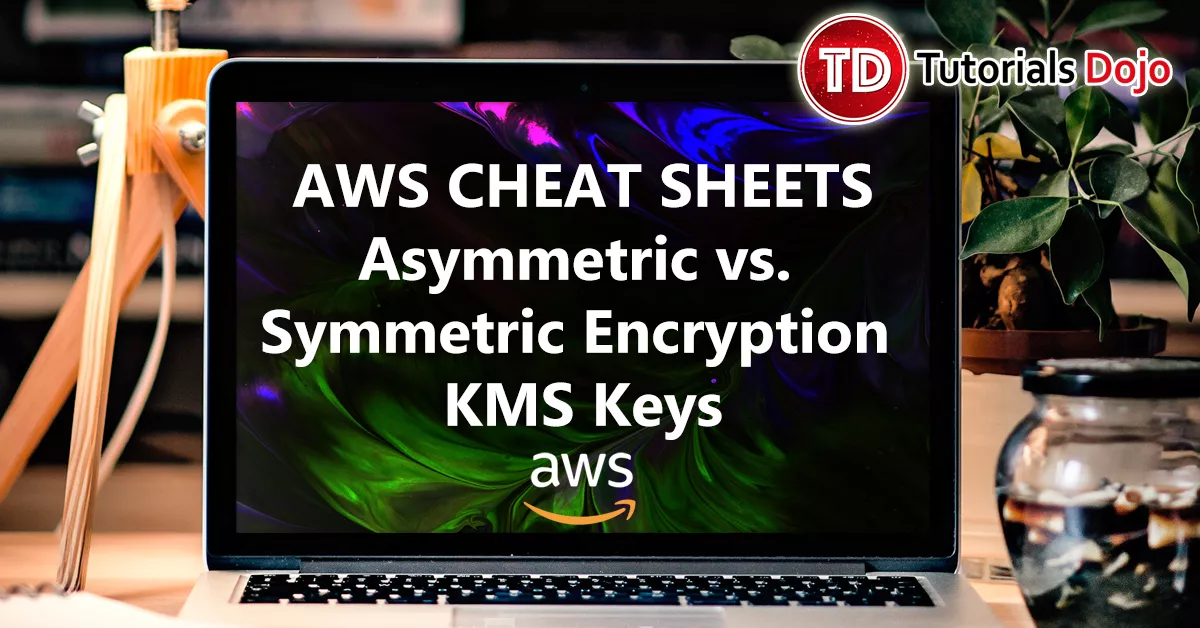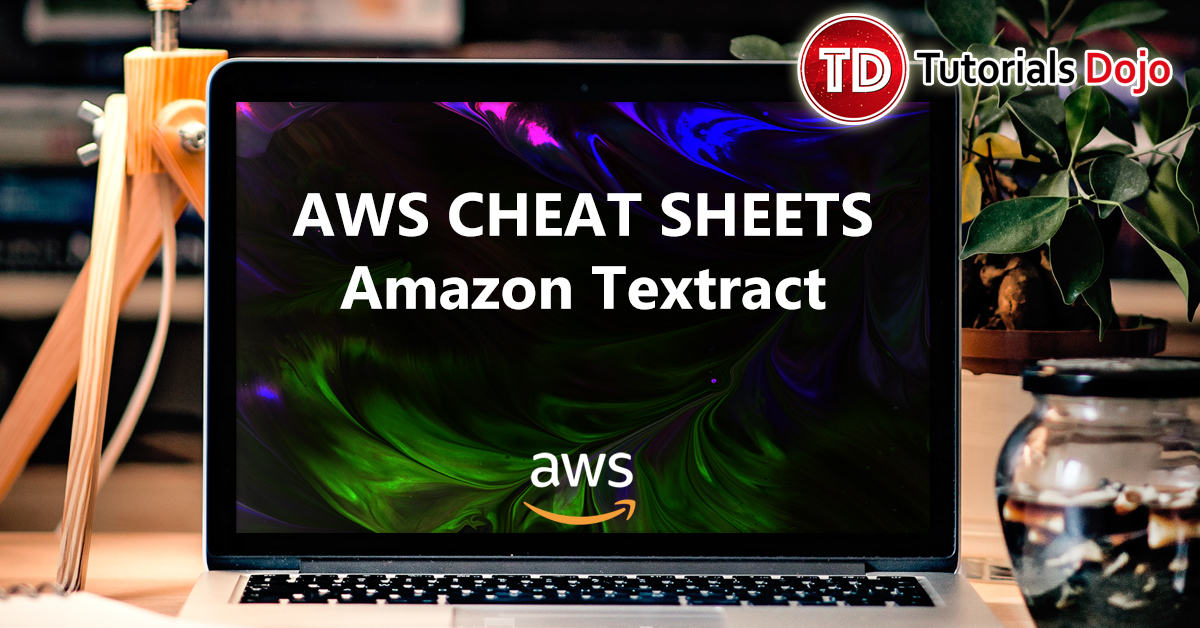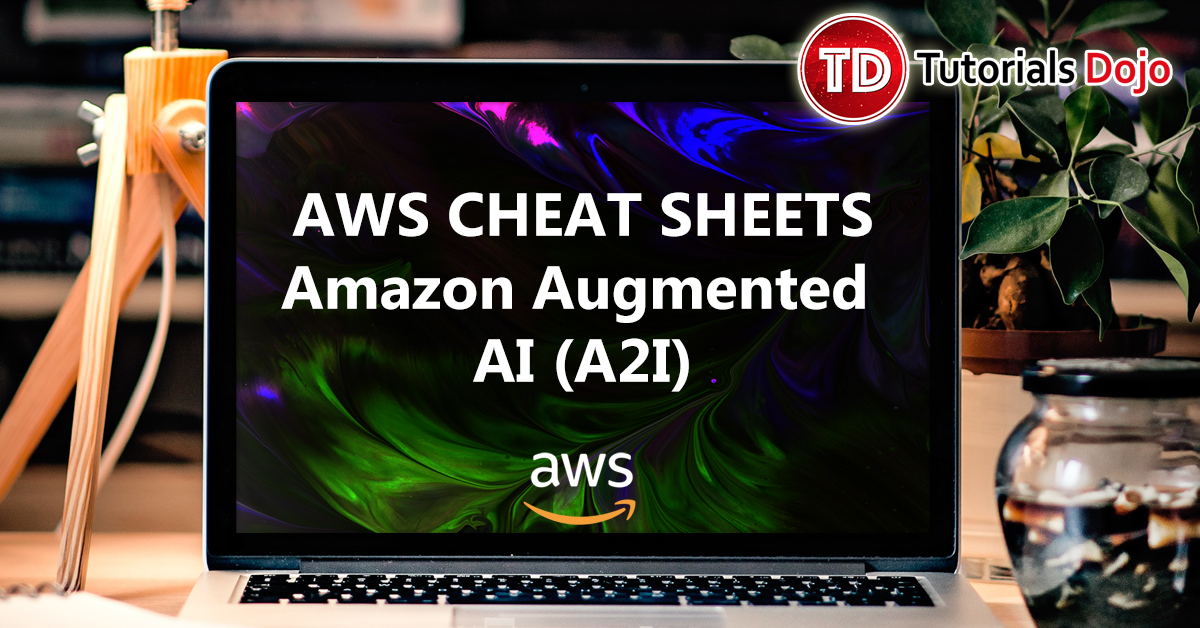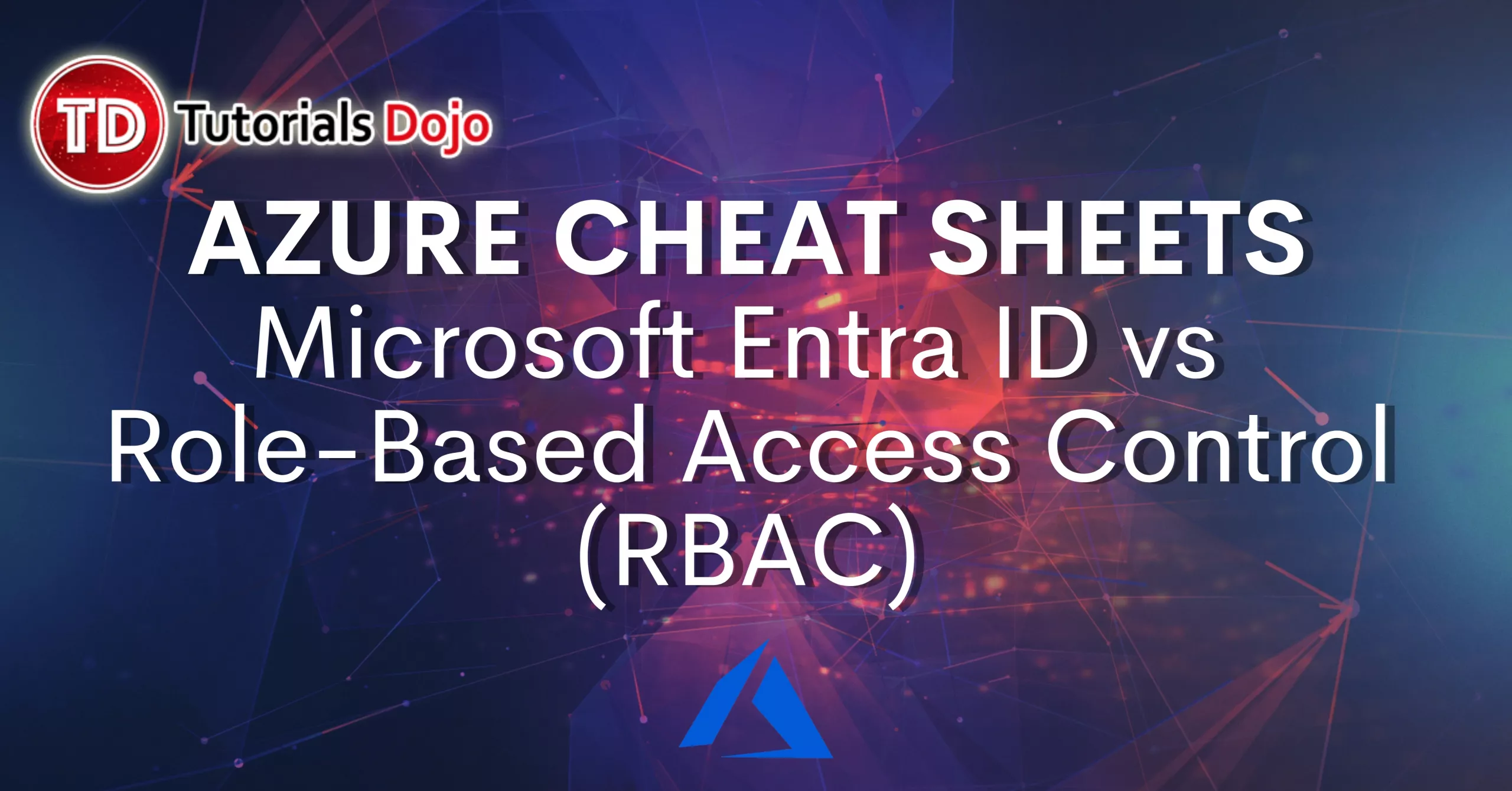Multi-Account Multi-Region Data Aggregation On AWS Config
Carlo Acebedo2023-05-02T03:45:56+00:00AWS Config is a service that tracks changes made to resources associated with an AWS account. This service can give you a detailed view of the resource configuration’s timeline so you can go back in time and identify when and what resource the change was made into. It also enables you to determine the overall compliance against the rules and configurations specified in your guidelines. This simplifies compliance auditing, security analysis, change management, and operational troubleshooting. Some Use Cases For AWS Config: Determining if CloudTrail is enabled on all regions. Checking if security groups have SSH port open from non-authorized [...]



